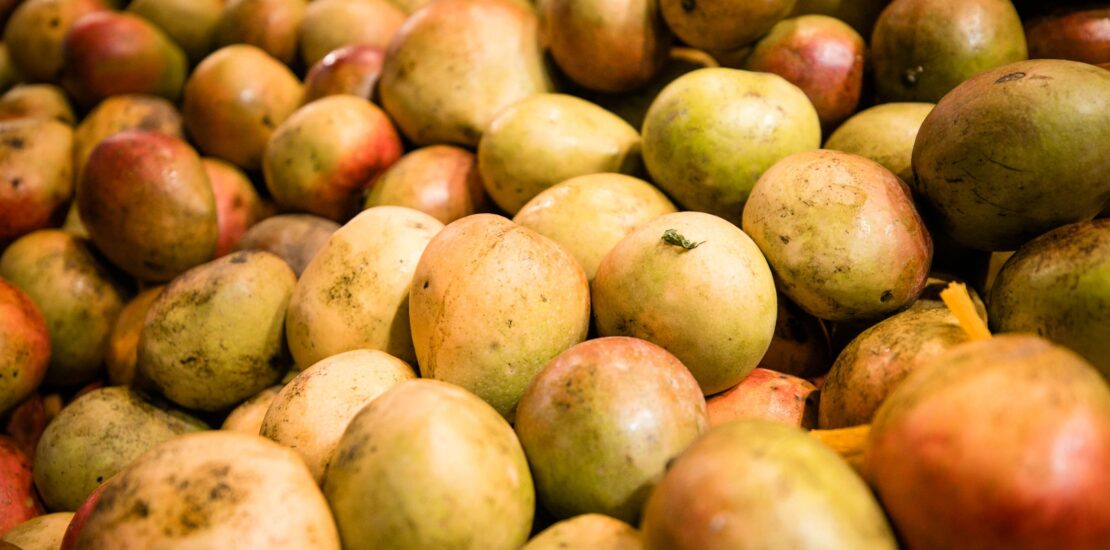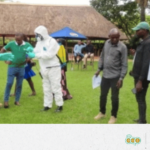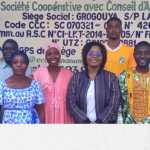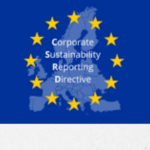West African mango blockchain – Making supply chains more resilient
- 25/05/2020
- Posted by: Gaetan Dermien
- Category: Côte d'Ivoire, Mangoes, News

COLEACP has been working with Société Internationale d’Importation (SIIM) and Belgian start-up BlockO to develop MangoBlockchain, currently in beta version – a tool that is especially relevant in the context of the COVID-19 pandemic, where the resilience of supply chains depends on trust and transparency (Commodafrica, 19 May). A first for the region, MangoBlockchain will contribute to the professionalisation of the West African mango sector, which in recent years has experienced too many interceptions on arrival on the European market. For example, mangoes in the SIIM supply chain in Côte d’Ivoire are individually labelled with a QR code. When scanned by a consumer’s smartphone, the producer’s name, harvest date, packing date and date of entry into the EU are displayed in a supply chain interface. This information is extracted automatically from SIIM’s information systems and stored in the blockchain. The objective for the importer is to be able to provide information to distributors, but also to ensure that it reaches consumers without alteration. The current beta test, in the middle of the mango campaign, will evaluate the added value of the blockchain as a B2B (importers-distributors) and B2C (distributors/importers-consumers) communication tool.
Vincent Omer-Decugis, Managing Director of SIIM and COLEACP Board member, spoke to Commodafrica (19 May) about the impact of COVID-19 on mango consumption in Europe. The majority of exotic fruit products, including mango, have returned to sustained consumption rates. The period of lockdown has led to a shift in consumption patterns, with the closure of hotels, restaurants and open-air markets, and the development of purchasing volumes from mass retail chains and specialised distribution networks. Regarding the scarcity experienced in the early days of restrictive measures, all it takes is for 10% of consumers to buy 20% more of what they are used to buying to create an effect of scarcity. The company has had to reduce its product range as some products were in danger of no longer finding their market, and were also directly affected by supply difficulties.
Air traffic has almost come to a standstill, as exports by air largely use the freight capacity offered by passenger aircraft. However, some passenger aircraft have been transformed into cargo aircraft. With Air France, SIIM was able to transport 400 tonnes of mangoes by plane from Côte d’Ivoire to Europe in April. There are additional costs, but the reduced transport time of air transport enables a top-of-the-range product. Most of the market (over 97%) is supplied by sea freight, with the fruit transported in containers, then ripened in its destination market for an optimal quality/price ratio. The first shipments by sea started at the beginning of April with mangoes from Burkina Faso, and the campaign will run until the end of July with mangoes from Senegal. The impact of COVID-19 has been neutral for shipments from West Africa as far as the consumer is concerned. Production involves social distancing measures in production units and means of transport, and management of travel when curfews are introduced. But production units already had hygiene measures in place, handwashing has always been mandatory, and personnel wear the necessary masks, hats and personal protective equipment, so at that level, everything was already in place.
SIIM has worked with the various governments, with the ministries of agriculture and transport, to get the necessary exemptions to set up green corridors to move food products for export, which are absolutely necessary for the local economy. It is estimated that 1,000 tonnes of mangoes exported generate 1,000 direct jobs and another 1,000 indirect jobs.


![EU and GB approval changes (January-May 2024) 9-FFM+-[ENG]](https://news.colead.link/wp-content/uploads/2024/06/9-FFM-ENG-150x150.jpg)

